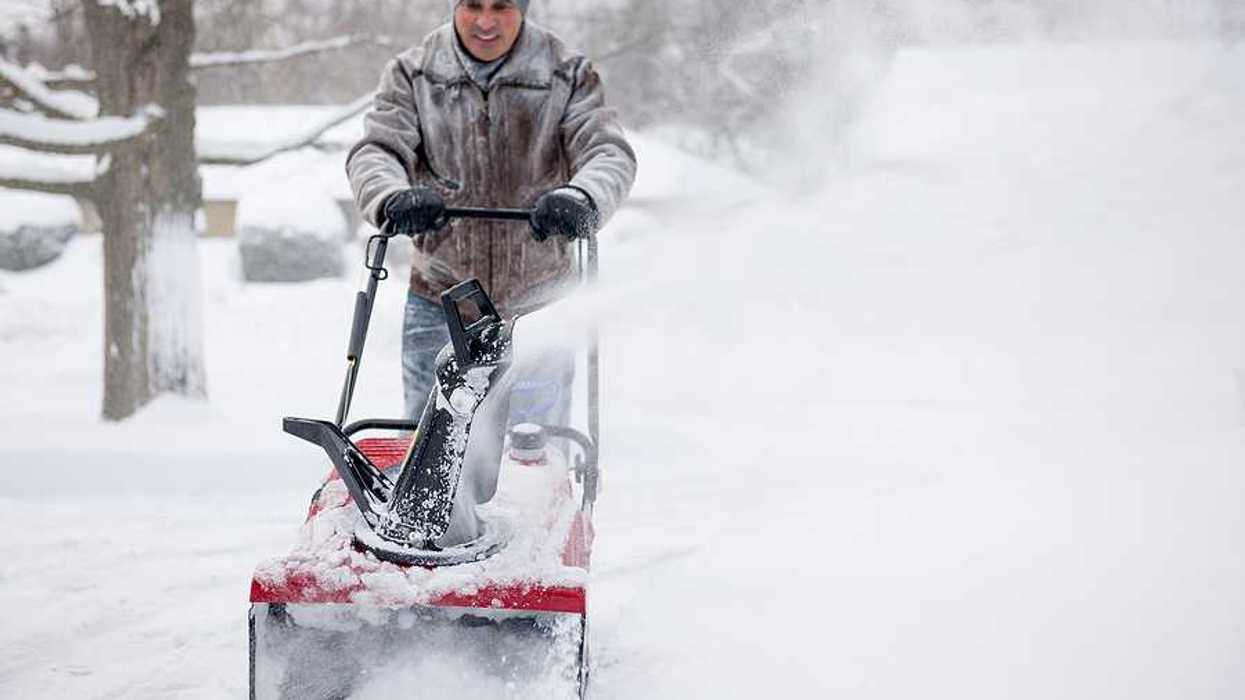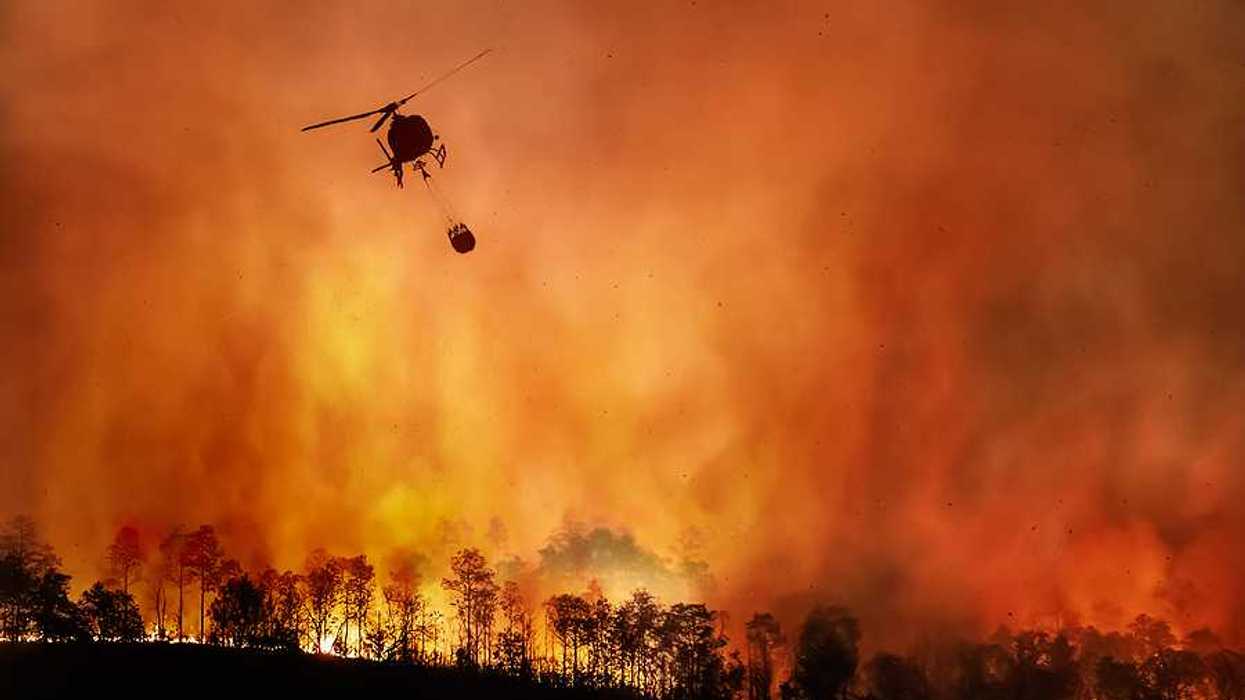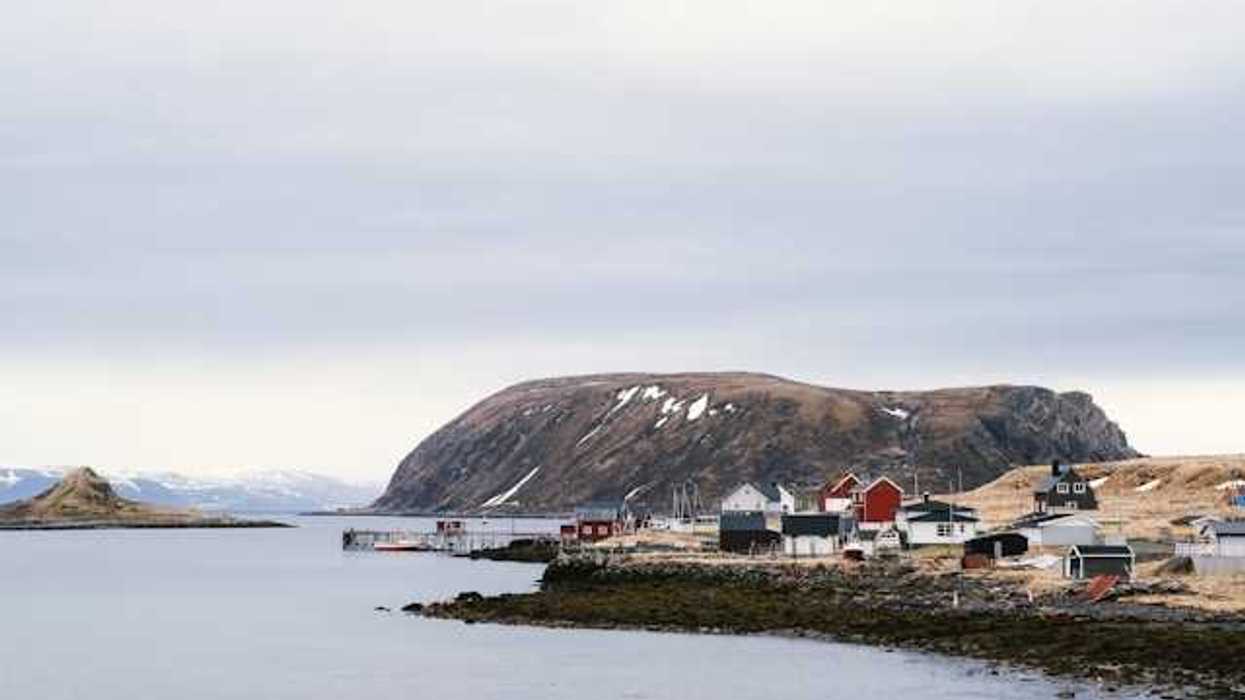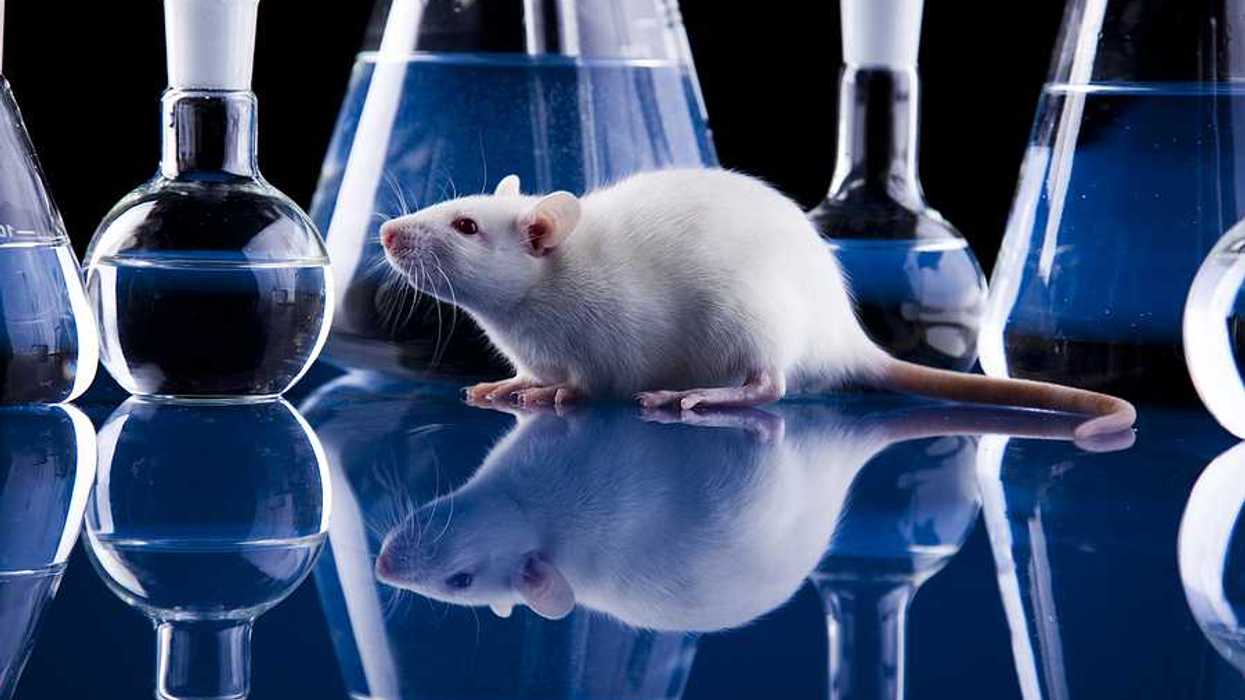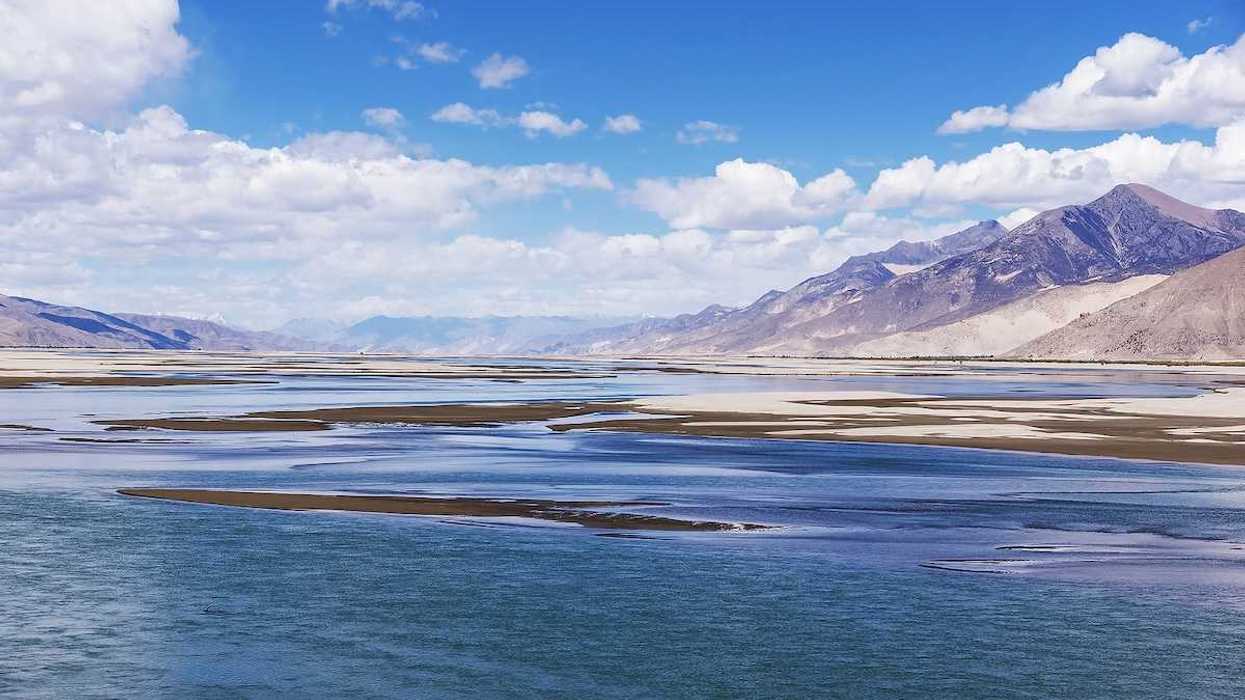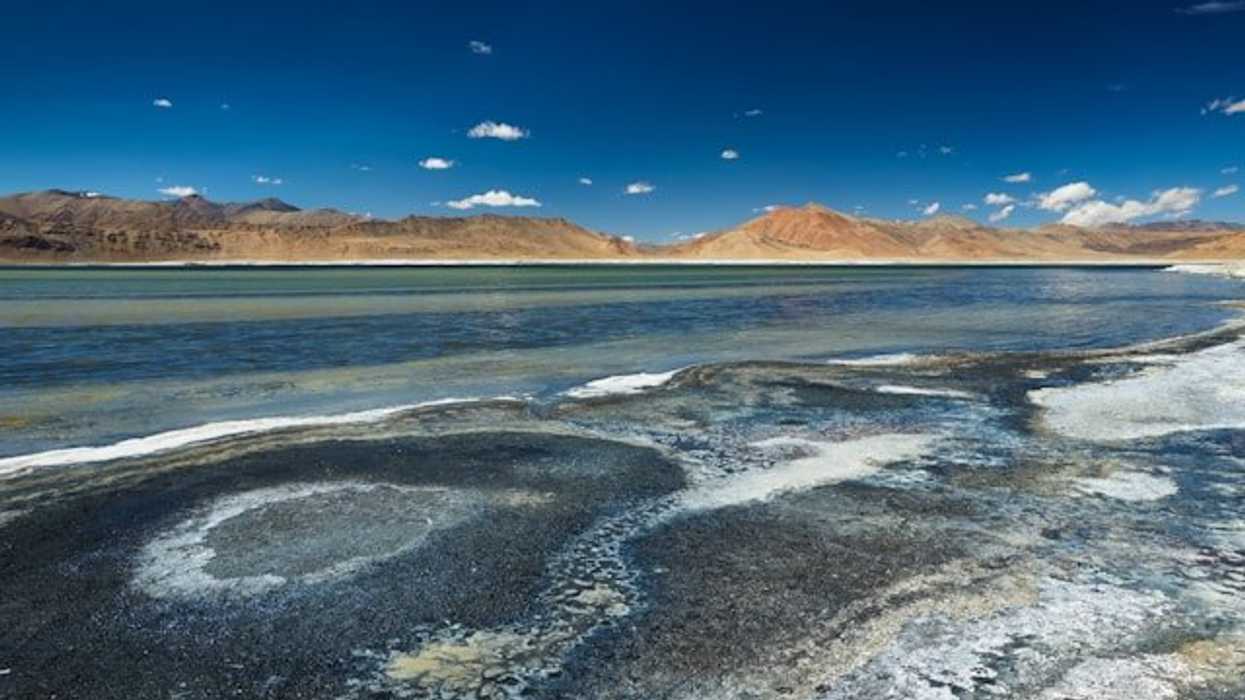An ongoing drought, the worst in a century, has pushed 27 million people in southern Africa to the brink of starvation, with failed crops and depleted food supplies affecting entire communities.
Chiwoyu Sinyangwe and Rachel Savage report for The Guardian.
In short:
- Southern Africa faces a severe drought caused by El Niño, devastating crop yields and accelerating food scarcity.
- The World Food Programme (WFP) estimates 21 million children in the region are malnourished, while 27 million people lack reliable food access.
- Rising temperatures and erratic rainfall, likely due to climate change, worsen agricultural conditions, leading to extended hunger seasons and economic distress.
Key quote:
“If you look at rainfall patterns, if you look at drought patterns within the region, we cannot point to any other factor than climate change.”
— Eric Perdison, WFP southern Africa director
Why this matters:
This drought highlights the immediate impact of climate change on food security and rural communities in vulnerable regions. As extreme weather patterns become more frequent, millions face intensified hunger and instability, underscoring the need for global action and local support to prevent widespread suffering.
Related: Southern Africa faces its worst hunger crisis in decades due to El Niño


